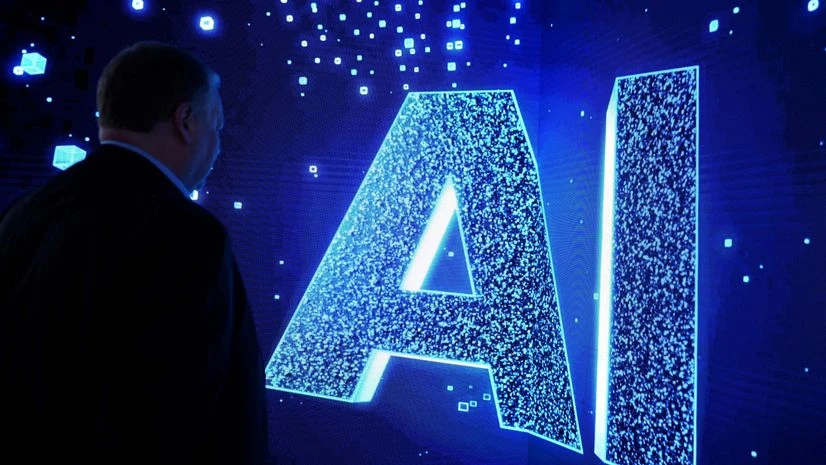Artificial intelligence will provide a helping hand and free up a lot of time for chartered accountants to focus on analytical work, ICAI President Ranjeet Kumar Agarwal said on Wednesday and highlighted that there is a huge demand for chartered accountants.
The Institute of Chartered Accountants of India (ICAI) expects there will be a need for around 30 lakh chartered accountants in the next 20 to 25 years and last year, around 22,000 students cleared the chartered accountants examination.
At a briefing in the national capital, Agarwal, who took charge as the president on February 12, said a committee will be coming out with a roadmap in the next two months on the use of Artificial Intelligence (AI) at the Institute of Chartered Accountants of India (ICAI).
He emphasised that Artificial Intelligence (AI) is a tool and is saving a lot of time.
"This will give you (chartered accountants) more time for application of mind, analytics... I believe AI is going to be a helping hand for the profession of chartered accountants so that they can focus more on other analytical areas.
"AI taking away the compliance part from the chartered accountants and giving them more scope to work on bigger areas... AI cannot overtake human intelligence," Agarwal said.
More From This Section
In the audit profession, for instance, to check a 700-page annual report of a listed company, one can make a PDF and put it in Chat GPT.
Now, one doesn't have to read the 700 pages as an auditor. "You have to ask the questions like what is the profitability, what is the adverse comment... whatever you ask, Chat GPT will answer," Agarwal said.
Amid instances of chartered accountants coming under the regulatory scanner, Agarwal said the institute has self-developed "so many checks and balances".
The target is to have "lesser anomalies", he said, adding that efforts are made to continuously enhance the skills of the chartered accountants.
For non-compliances, ICAI is also taking action against members, he added.
According to him, around 1.5 crore certifications are done by the chartered accountants in the country in a year.
There are around 400-500 complaints on an annual basis, he noted.
To a question on the Byju's case, he said it is under process. The regulator is looking into financial disclosures made by the edtech for certain financial years.
According to him, there are cases where chartered accountants without any involvement have been framed. This is a concern and to address this issue, the institute is working proactively, he added.
The corporate affairs ministry will be coming out with guidelines on how to protect the interests of chartered accountants.
It will be SOPs (Standard Operating Procedures) for the investigating agencies, Agarwal said.
Meanwhile, he said that last year, around 22,000 students cleared the chartered accountants examination and out of them, 9,000 opted for campus placements.
Average salary in campus placement was around Rs 12.5 lakh. The highest offered in India was Rs 24 lakh and Rs 41 lakh overseas. The minimum salary offered was Rs 10 lakh, Agarwal said and stressed that there is a huge demand for chartered accountants, he added.
"In 1999, I was selected in campus placement by Raymonds for Rs 1.5 lakh per annum. That comes to Rs 12,500 per month... I refused the job. My father was a businessman and he told me that if you have to earn so much after becoming CA, come to my place and I will give you the job," the ICAI President said.
Spelling out the vision for the institute, the president said the focus will be on DRISHTI -- Digital, Research, Integrity, Skills, Handholding and Transparency.
Among others, the institute will launch the initiative 'Each One Teach One' wherein a chartered accountant will adopt a student and guide him or her on the profession.
The institute will also provide suggestions to the government on increasing the tax-to-GDP ratio as well as on green finance.
The tax-to-GDP ratio, which is less than 3 per cent now, should improve for the country to become a developed economy by 2047. In the developed countries, the ratio is around 22 per cent, he noted.
Besides, a committee will identify irrelevant laws and make suggestions in this regard to the government.
(Only the headline and picture of this report may have been reworked by the Business Standard staff; the rest of the content is auto-generated from a syndicated feed.)

)
